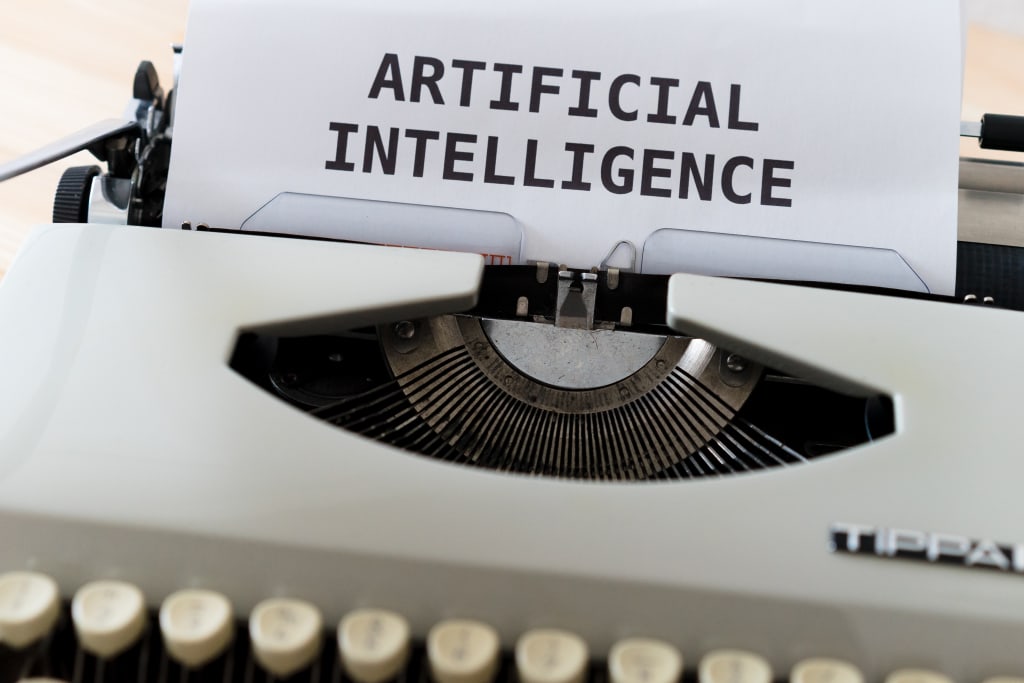The Future of Artificial Intelligence and Its Impact on Society
AI's Impact on Society: Opportunities and Ethical Considerations

Artificial Intelligence (AI) has made significant strides in recent years, and its impact on society is becoming increasingly evident. From self-driving cars to virtual assistants, AI technologies are reshaping various industries and revolutionizing the way we live, work, and interact with the world. As we delve deeper into the possibilities of AI, it's essential to understand its potential benefits and challenges for society.
1. AI in the Workplace
One of the areas where AI is making waves is the workplace. AI-powered automation and machine learning algorithms are streamlining business operations and increasing efficiency. Tasks that were once time-consuming can now be automated, freeing up employees to focus on more strategic and creative endeavors. However, this rapid integration of AI in the workplace raises concerns about job displacement and the need for upskilling the workforce to adapt to the changing demands of the job market.
2. AI in Healthcare
The healthcare industry has been a hotspot for AI innovation. AI-powered diagnostic tools and medical imaging systems are aiding doctors in diagnosing diseases accurately and providing personalized treatment plans. Additionally, AI is revolutionizing drug discovery by speeding up the identification of potential drug candidates, leading to faster and more effective treatments. However, data privacy and ethical concerns surrounding patient information and AI decision-making algorithms must be addressed to gain public trust and ensure responsible use of AI in healthcare.
3. AI and Ethics
As AI becomes more ubiquitous, ethical considerations become increasingly critical. Questions about AI bias, transparency, and accountability are at the forefront of discussions. AI algorithms are trained on vast datasets, which may contain inherent biases present in society. If left unaddressed, these biases can perpetuate social inequalities and lead to unfair decision-making processes. As such, there is a growing need for AI developers and policymakers to ensure that AI systems are transparent, explainable, and designed with ethical considerations in mind.
4. AI and Education
AI is also reshaping the education landscape. Intelligent tutoring systems and personalized learning platforms are tailoring educational content to individual students' needs and learning styles, improving student engagement and performance. Moreover, AI-driven assessment tools are providing educators with valuable insights into student progress and identifying areas that need additional support. However, concerns about data privacy and the potential for AI to replace human teachers require careful consideration when implementing AI in educational settings.
5. AI and Creativity
The integration of AI with creative industries has given rise to exciting possibilities. AI-generated art, music, and literature challenge our perception of creativity and raise philosophical questions about the nature of human expression. While AI can assist creatives in generating new ideas and patterns, it is essential to recognize the value of human creativity and the unique experiences and emotions it brings to the creative process.
6. AI and the Environment
AI technologies are also being leveraged to address environmental challenges. From climate modeling to optimizing energy consumption, AI can contribute significantly to sustainability efforts. AI-powered smart grids and predictive maintenance systems are reducing energy waste and improving resource management. However, striking a balance between technological advancement and ecological impact is crucial to ensure that AI contributes positively to environmental preservation.
The future of AI holds tremendous potential for positive change across various sectors. As society continues to embrace AI technologies, it is crucial to approach AI development with a focus on ethics, transparency, and inclusivity. By addressing the challenges and potential risks associated with AI, we can harness its power to create a more equitable, efficient, and sustainable future for all.
About the Creator
Enjoyed the story? Support the Creator.
Subscribe for free to receive all their stories in your feed. You could also pledge your support or give them a one-off tip, letting them know you appreciate their work.





Comments
There are no comments for this story
Be the first to respond and start the conversation.